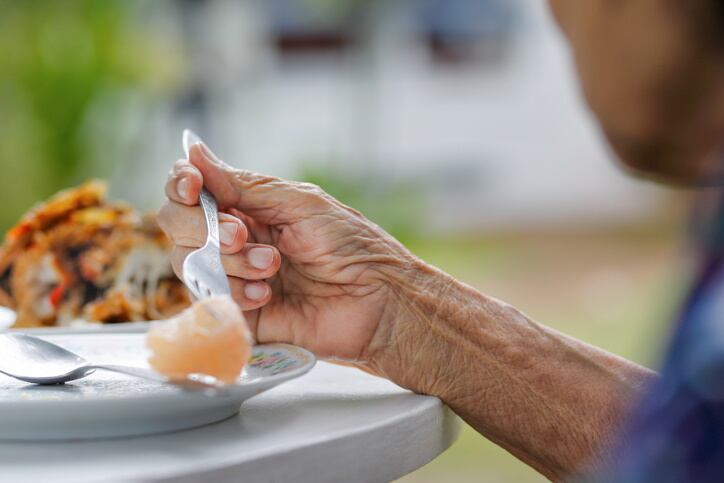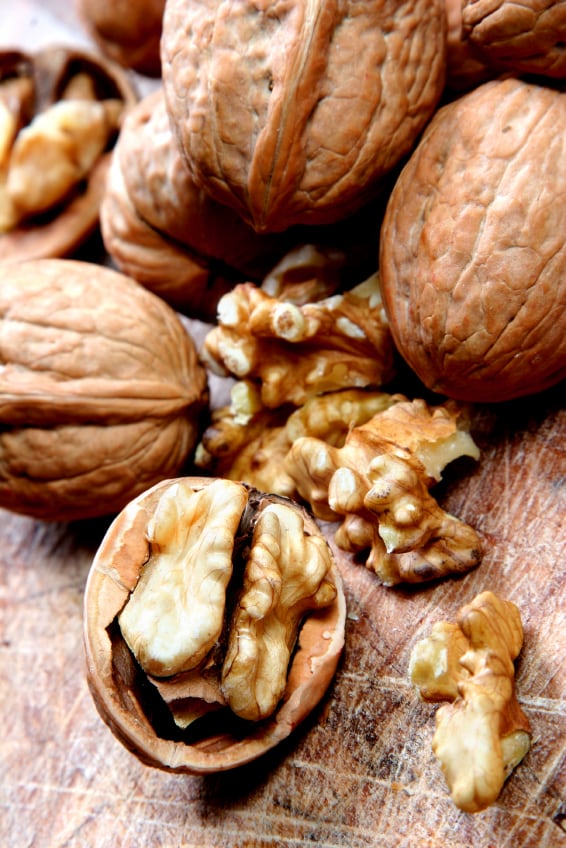Europe is ageing. By 2050 the population of over 65s is expected to reach almost 150m in the region.
Driven by falling fertility rates and increasing life expectancy, many countries are ageing at a faster pace than in the past. According to the World Health Organization, by 2030 there are expected to be 44 ‘super-aged’ countries where more than 20% of the population is over 65, including Italy, Germany and the UK.
This is a large, growing, and relatively affluent demographic.
At the moment, however, the number of new products launched that cater to ‘silver surfers’ and ‘baby boomers’ pales in comparison to NPD targeting trendy millennials or Generation Z.
“The narrative on ageing needs to evolve. Living longer, healthier lives will impact people of all ages and there are many opportunities for the nutrition industry in particular to adapt their offerings,” Barclays Head of Sustainable & Thematic Investing, Hiral Patel told FoodNavigator.
Highlighting the innovation opportunity, Patel has co-authored a report on Active Ageing. She suggested that there are two clear areas that nutrition innovation can be leveraged to meet the needs of this older generation.
Beyond supplementation: ‘There is room in grocery for the ageing demographic’
The first is the nutraceutical and supplements space.
Gains are expected for products that cater to this older demographic by boosting immunity, bone, joint, muscle, cognitive, heart health, skin, eye and digestive health.
“Ageing is linked to a variety of changes in our body, some of which can make you prone to nutrient deficiencies. For example, less stomach acid can affect the absorption of nutrients, such as B12.
“Adult nutrition is a category that should see significantly increased demand in our view. This covers products designed specifically for older age groups, who may have digestion issues or nutritional deficiencies, especially calcium and Vitamin D, shortages of which are associated with age-related osteoporosis.”
‘Many’ consumer companies are already active in adult nutrition. For example, Reckitt Benckiser has the Move Free Brand, a vitamin supplement that aims to support joint health. Meanwhile, Nestle recently acquired Zenpep, a supplement to aid digestion for patients with pancreas issues, which can be age-related.
And cutting edge innovation in the nutra sector is likely to advance this type of solution apace. “In the long-term, we also see scope for tailored solutions including personalised nutrition,” Patel revealed.
The second area ripe for innovation is the development of grocery items that are pitched at older consumers, the investment expert continued.
“We would argue the way products are marketed needs to shift and that products relating to ageing more broadly should be viewed or seen just like how we see vegan or baby products in the supermarket today. So over time I do believe there is room for the grocery aisle to increasingly cater for the ageing demographic.”
And it isn’t just the supermarket shelves. Barclays has charted the rise of ‘digitally savvy seniors’ who show a ‘growing appetite’ foe e-commerce.
Looking at data from Barclays UK Spend Trends, the researchers found the silver purse has, since 2016, being moving gradually more online. To date in 2020, 22.1% of the total amount over 65s spend on food and drink in the UK has taken place online. This compares to 20.1% in 2019. Interestingly, online penetration in food and drink for the silver purse did not change from 2016 to 2019.
“COVID has helped to accelerate that shift particularly within the food and drink industry. This will bring additional challenges and opportunity for the grocery aisle,” Patel predicted.




